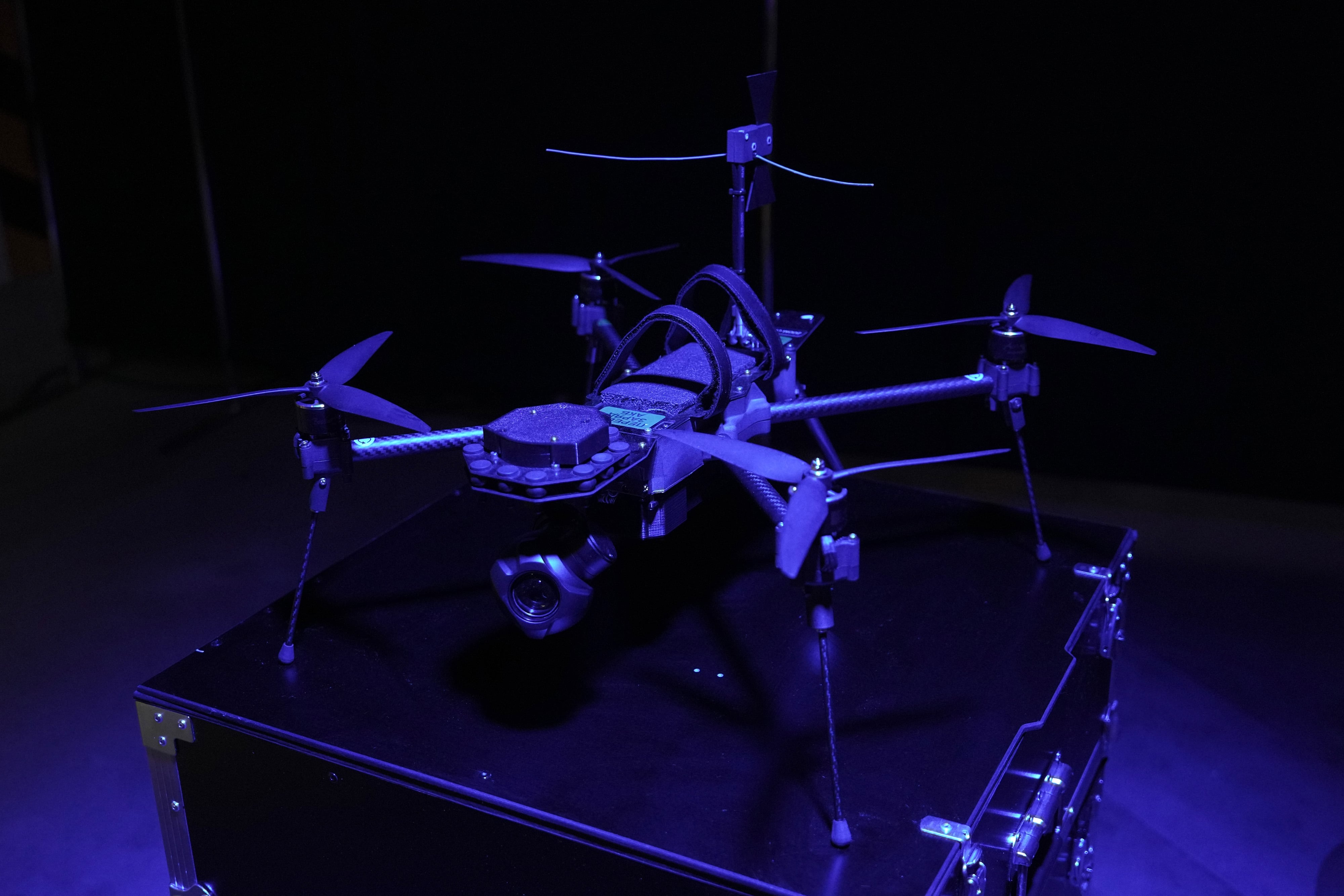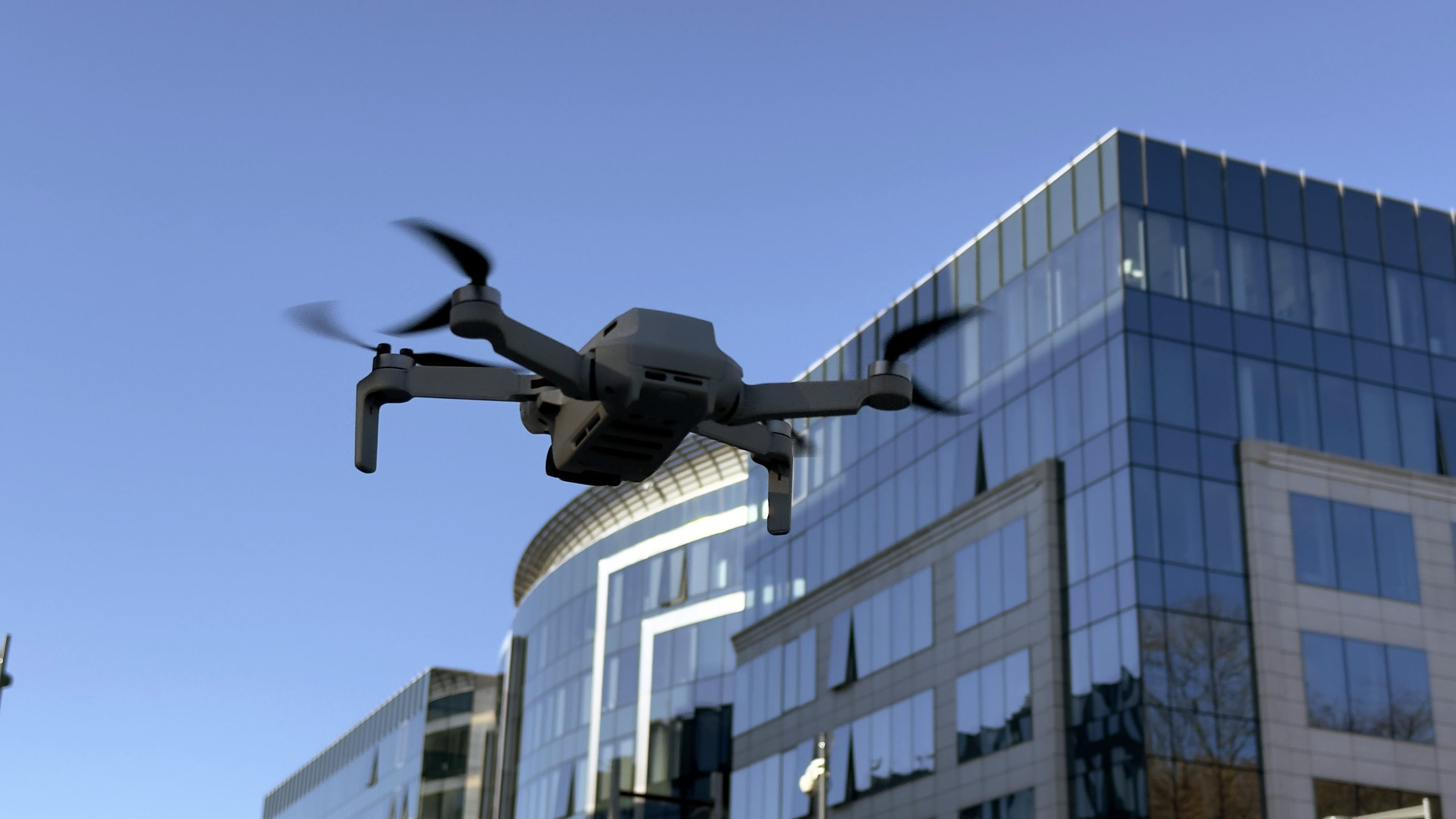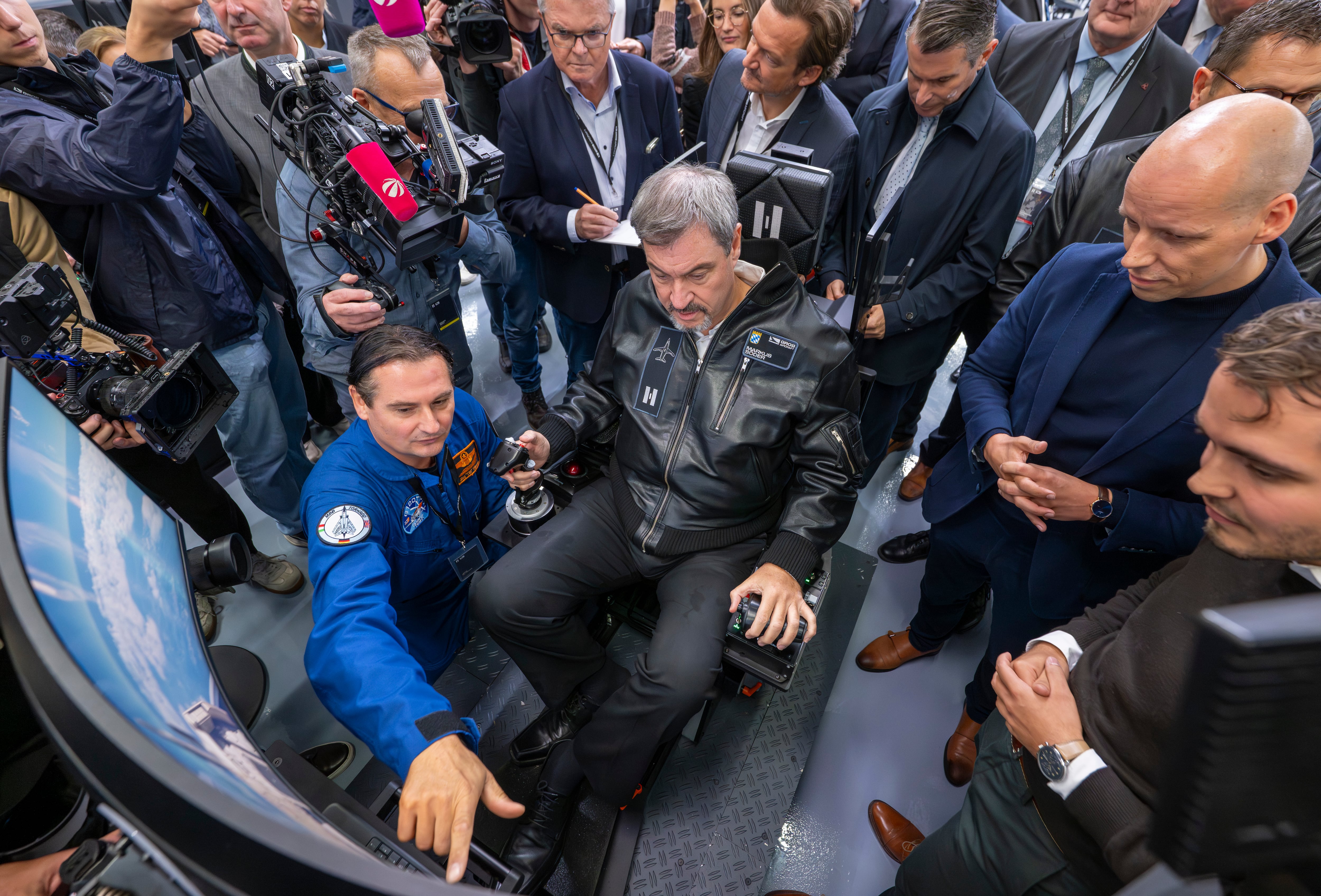Greater adoption of artificial intelligence could act as a deterrent against adversaries in a future conflict in which access to communications and satellites could be denied, according to one senior Department of Defense leader.
Gen. Raymond “Tony” Thomas, the head of Special Operations Command, speaking at the annual GEOINT symposium April 24 in Tampa, Florida, offered his definition of AI as the point in which a machine’s “safe switch” is off and the operator is no longer in the override mode, allowing a system to act of its own volition.
“Truthfully, I think we’ve got to embrace that because it may be a necessity if our satellites aren’t working or if our comms aren’t working; your ultimate deterrent might be [that] I’ve got this in lockup,” Thomas said, acknowledging that allowing machines to execute certain tasks independent of human action might be Skynet-ish, but it’s where the military has to go to maintain parity in degraded environments.
The military has to pursue these types of technologies because top competitors, such as China, “are not sitting ideally by in this stuff.”
Thomas went on to outline an article from BBC that described how the Chinese were able to find and arrest a single individual in a stadium of 61,000 using closed-circuit TVs and the like.
“I’m curious are they that advanced in facial recognition? Is that applicable for us in the future,” he said, recognizing this level of surveillance isn’t necessarily the American way of life.
“More of concern is where are they going to go as a totalitarian regime in terms of pushing that right into their military apparatus that would be more advanced than where we are potentially. We have got to compete there and not be considering the moment of whether machine learning is going to be something we’re going to embrace.”
Mark Pomerleau is a reporter for C4ISRNET, covering information warfare and cyberspace.








